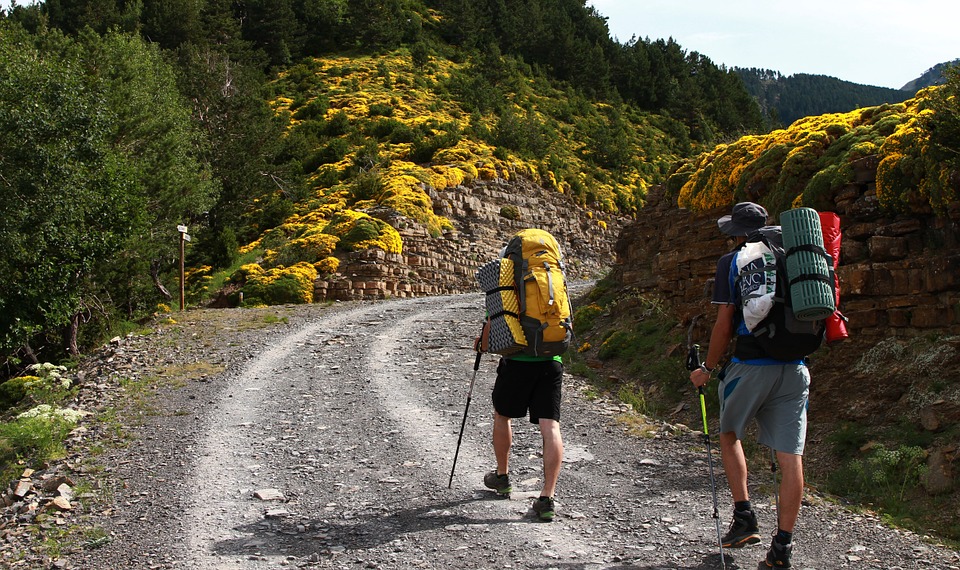Just after returning from my backpacking gap year trip in Central America, I got coffee with one of my best friends.
We caught up, swapping stories from the past five months, and I was just beginning to tell her about a free beach campsite in Costa Rica where I slept in a hammock by the ocean when she said the words I had begun to dread since being home.
“Wow, that’s amazing. There’s no way I’ll ever do that.”
I stopped with the story and immediately launched into my “You can do it” speech, first telling her about how cheap food and accommadation is in some places in Central America, going on to wax poetic about the importance of travel in our youth, and finishing with a shrug and “If you can save up a thousand dollars, you can travel for a month in Nicaragua.”
But that was just it. She couldn’t save that up, not with helping her parents with bills and certainly not now, struggling with two jobs and growing student loan debt.
Sure, travel is more accessible than it’s been in the past and budget backpacking millenials are on the rise.
There’s a veritable movement within our generation that rejects our capitalist society’s insistence on productivity above all and values the growth and learning that comes from wandering.
This value shift, from some angles, is pretty cool.
But who gets left out of that narrative?
Spoiler: A lot of people.
Sure, a middle class girl like me can save up while she’s living at home and eating her parent’s food, but duh Frances, not everyone can.
Was I determined to go on this trip? Yeah.
Did I work to make it happen? Yep.
Was the trip a result of nothing but my fiery tenacity and, dare I say, bravery? Hell no.
My ability to travel begins and ends with my privilege. Period. And it’s not just about money.
Certain disabilities, some of which might not be immediately obvious, can restrict people’s travel options or erase them altogether.
LGBTQA+ people also face a certain set of travel restrictions that cisgender heterosexual people never have to consider.
Just check out the hashtag #travellingwhiletrans on twitter and you’ll see what I’m talking about.
Or try #Airbnbwhileblack. Travelling as a person of color can be stressful or downright dangerous in some places.
One thing I know more about from experience is travelling as a woman.
Right before I left, in fact, I had dinner with a group of friends and joked about how many pretty people I was going to get to flirt with in my travels.
One of my male friends laughed and said “Yeah, you’re probably going to get raped.”
Needless to say that boy is not my friend anymore, but he was touching on a serious anxiety of mine, one shared by many non male people who travel.
Ah, how lovely it would be to out for a night of dancing and stargazing in a new country, not once worrying about the possibility of getting assaulted.
Travelling as a man is just plain easier and safer.
That being said, I hate to discourage any women, low income, disabled, LGBTQA+, or people of color from travelling.
If you have the opportunity and you want to, go for it.
You deserve to live your life the way you want to.
As our generation shifts into a slightly different value system, one that values wandering as learning experience, it is important to recognize that not everyone can go “find themselves” in a foreign country.
It is possible to learn and grow and open one’s mind without getting on a plane.
If you’re running around telling people they “have” to travel or refusing to believe them when they say they can’t (cough cough at my past self), now is the time to cut that out.
I’m all for encouraging people to get out there when they can, but that’s because I believe that everyone deserves the opportunity to travel, not because I blindly assume they already have that opportunity.
Sure, if you’ve just been somewhere new, talk about your travels.
I’m sure you want to and your friends probably want to hear it.
Just remember: your experience is not the norm.
You are lucky to have had the privilege to wander.
Not everyone does.
